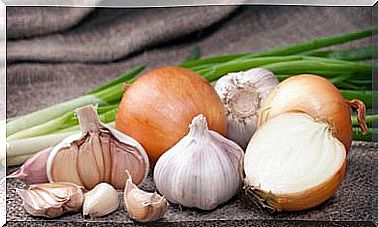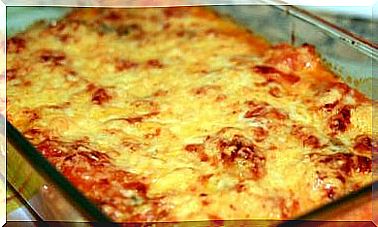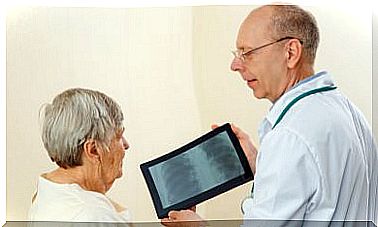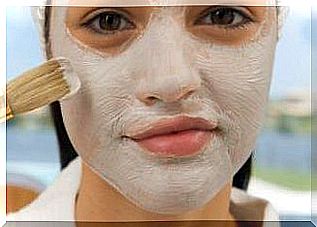How To Relieve Muscle Cramps
Muscle cramps are involuntary contractions that can affect a specific muscle or a group of them. They occur abruptly and suddenly, sometimes during rest and sometimes during nighttime rest.
According to Dr. Michael C. Levin, muscle cramps can be of two types:
- Benign ideopathic leg cramps (usually occurs at night, in the absence of a causative disorder).
- Cramps associated with exercise (occurs during or immediately after exercise).
And why do muscle cramps occur?
Muscle cramps can occur for a number of reasons, one of which has to do with hydration.
Not drinking enough water throughout the day can lead to the appearance of this type of discomfort, either during physical activity or rest. As Mayo Clinic experts put it: “Fluids help muscles contract and relax, and keep muscle cells hydrated and less irritable.”
They can also influence mineral deficiencies (such as potassium, according to various investigations) in the diet or insufficient blood flow to the muscles.
On the other hand, cramps can occur when the muscles are subjected to excessive effort or the execution of some unusual movement. This becomes very common in athletes.
Although they not only appear when performing certain movements or activities, they can also appear due to lack of activity. Therefore, staying for long periods of time in the same position (sitting, standing, etc.) is not recommended.
Other possible causes
Muscle cramps can also be due to exposure to cold, stress, anemia, vitamin E deficiencies, diseases (arthritis, arteriosclerosis, and fibromyalgia); as well as the consumption of some drugs, such as diuretics.
It should be noted that, although cramps can affect any muscle in the body, they are most common in the calves, thighs, feet, and hands. Given all this, you will surely wonder: what to do to calm muscle cramps?
Methods to relieve muscle cramps
The simplest ways to relieve muscle cramps are: ice packs, massages, and certain stretching exercises.
Remember that in the event of any complication, the most reasonable thing to do is see your doctor. In the same way, you must make sure that none of the remedies to follow is dangerous for you due to allergies or related intolerances.
Water
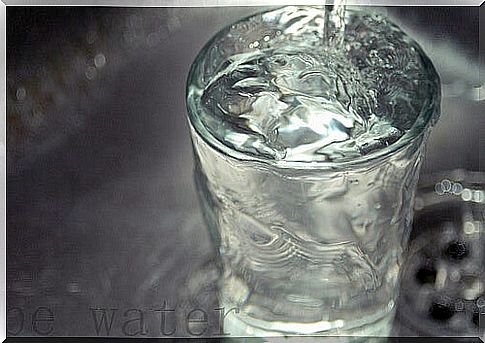
In addition, hydration is essential in these cases. Whether you are doing a physical activity or not, it is essential to keep your body hydrated at all times. To do this, choose natural drinks, such as water, natural infusions. Keep in mind that it is not recommended that you consume products with high sugar content, therefore, it is better to avoid soft drinks and commercial drinks.
Ice packs
There is nothing more foolproof against inflammation than ice. So, as a first measure, put some ice on the affected area. This will relax the muscle, helping with muscle cramping.
In particular, icing the affected muscle can reduce the transmission of impulses from the brain to the overactive muscle. Therefore, it is ideal for cramps whose origin is overstimulation of the muscle.
Now, it is essential to remember that it must be applied with a pad, towel or compress wrapped in gauze, since it can be directly abrasive to the skin.
Stretching exercises
Sometimes it is advisable to do some stretching both to prevent and relieve muscle cramps. If the cramp occurs, for example, in a leg, or arm, it is best to do a slight stretch of the muscle.
You can also massage yourself in the opposite direction to the course of the pain. This will help to gradually stretch the muscle and thus relax it. The important thing is that you should practice it at the time of the episode, to avoid muscle injuries.
However, when cramps are caused by a heavy load of exercise, the best solution is to try to rest.
How to prevent muscle cramps?
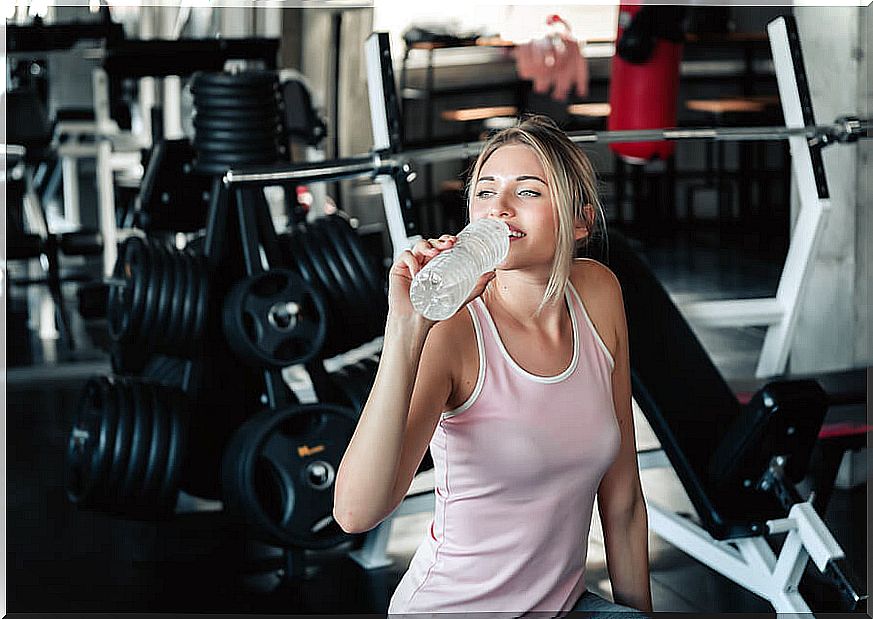
Before the cramp occurs and in order not to resort to the methods that we have described, you should take into account the following tips if you are preparing to perform any physical activity or sport:
- Drink water before, during and after exercise.
- Get plenty of rest before and after exercising.
- Before starting physical activity, it is good to do gentle warm-up exercises. Stretches are also recommended.
- Eat well so that your body has all the nutrients it requires. And be sure to include enough potassium-rich foods, like bananas, in your diet.
Finally, you should keep in mind that, if you are experiencing muscle cramps too often, it is best to discuss it with your doctor and get a full check-up to find out what may be happening.
